Dubai’s real estate market continues to be one of the most attractive investment destinations globally. With a booming economy, strategic geographic location, tax-free returns, and world-class infrastructure, buying property in Dubai is a golden opportunity—if you know what to ask. Whether you’re a seasoned investor or a first-time buyer, these 10 essential questions will help you make informed, confident, and profitable decisions when buying real estate in Dubai in 2025.

1. Is the Property Freehold or Leasehold?
Freehold properties grant full ownership rights, allowing buyers (including foreigners) to sell, lease, or inherit the property without restriction. Leasehold properties, on the other hand, provide the right to use the property for a fixed period (usually 30 to 99 years), but ownership remains with the landowner.
Why it matters:
- Foreign investors prefer freehold zones such as Dubai Marina, Downtown Dubai, and Palm Jumeirah.
- Leasehold properties may come with usage restrictions and renewal conditions.
2. What Are the Total Costs Involved in the Purchase?
Beyond the listing price, purchasing a property in Dubai includes various additional costs such as:
- Dubai Land Department (DLD) fee – 4% of the purchase price
- Registration fees – AED 2,000 to AED 4,000 (varies by property value)
- Agency commission – typically 2% of the purchase price
- NOC fee – up to AED 5,000
- Mortgage registration fee – 0.25% of loan amount (if applicable)
Pro tip:
Always request a breakdown of all fees to avoid hidden surprises.
3. What Is the Developer’s Reputation and Track Record?
Dubai is home to reputable developers like Emaar, Nakheel, Damac, and Sobha, but not all are created equal. Investigate:
- Past project delivery timelines
- Quality of construction
- Post-sales service
- Reviews on Trustpilot, Google, or real estate forums
Remember:
A trusted developer equals better ROI and lower risk.
4. Is the Property Off-Plan or Ready-to-Move-In?
Off-plan properties are those still under construction, while ready properties are completed and can be occupied immediately.
Key considerations:
- Off-plan usually costs less but carries construction delay risks.
- Ready homes offer immediate rental income and zero waiting time.
- Ensure the developer is registered with RERA and the project is listed on the DLD’s Oqood system.
5. What Are the Rental Yields and ROI Expectations?
Dubai offers some of the highest rental yields globally, with an average between 5% to 8% depending on the area.
High-performing areas in 2025:
- Jumeirah Village Circle (JVC) – Affordable with high demand
- Business Bay – Popular with professionals
- Dubai Marina – Luxury, waterfront lifestyle
Research the average rental prices, vacancy rates, and short-term vs. long-term rental trends to assess the return potential.
6. What Are the Community Amenities and Infrastructure Like?
A property is only as valuable as its surrounding infrastructure. Look for:
- Schools, hospitals, and shopping centers
- Public transport connectivity
- Green spaces and recreational facilities
- Security and maintenance
Hot tip:
Master-planned communities such as Arabian Ranches, Dubai Hills Estate, and Tilal Al Ghaf offer premium facilities and better appreciation.
7. What Are the Service Charges and Maintenance Costs?
Every property in Dubai has annual service charges, calculated per square foot, to cover:
- Building maintenance
- Common area upkeep
- Security
- Waste management
Cost range:
From AED 10 to AED 30 per sq. ft. depending on location and facilities.
Request the most recent service charge certificate from the seller or developer to factor into your investment decision.
8. What Is the Payment Plan and Is Financing Available?
Developers in 2025 continue to offer flexible payment plans such as:
- 50/50 (50% during construction, 50% on handover)
- 1% monthly payment schemes
- Post-handover payment plans
If you prefer a mortgage, ensure:
- The developer is approved by UAE banks
- You have the necessary documents (passport, visa, salary certificate, bank statements)
- You meet the loan-to-value (LTV) ratios set by the Central Bank of UAE
Bank mortgage tip:
Expats can typically finance up to 80% for first-time property buyers in Dubai.
9. Is the Property RERA-Compliant and Legally Clear?
Ensure the property is registered with the Real Estate Regulatory Agency (RERA) and is legally sound. Look into:
- Oqood registration (for off-plan units)
- No mortgage or legal disputes on the title
- Valid Title Deed for completed properties
- Developer escrow accounts (for off-plan units)
Hiring a legal advisor or a certified property consultant can ensure proper due diligence.
10. What Are the Exit Strategies and Capital Appreciation Trends?
Even if you plan to live in the property, understanding exit options is crucial. Consider:
- Historical capital appreciation in the area
- Future infrastructure developments (like metro lines, malls, business districts)
- Potential for short-term rentals (Airbnb) or long-term leases
Forecast 2025:
Areas like Dubai Creek Harbour, Emaar South, and Meydan are expected to see double-digit growth due to Expo City Dubai and Smart City projects.
Bonus Tips for First-Time Buyers in Dubai
Understand the Visa Benefits:
- Properties worth AED 750,000+ may qualify you for a 2-year residence visa.
- Properties above AED 2 million qualify for the 10-year Golden Visa.
Use the Dubai REST App:
Verify property details, ownership, and view service charges directly from Dubai Land Department’s REST platform.
Hire RERA-Certified Brokers:
Only work with registered agents to avoid scams and ensure professional guidance.
Conclusion: Make Informed Property Investment Decisions in Dubai
Buying property in Dubai in 2025 is not just about finding a good-looking unit. It’s about asking the right questions, doing your homework, and ensuring compliance with Dubai’s transparent but firm real estate regulations.
From understanding ownership rights to assessing ROI potential, this guide provides a powerful checklist every buyer should use before signing on the dotted line.
Take your time, be thorough, and you’ll be well on your way to owning a high-performing property in one of the world’s most dynamic cities.
